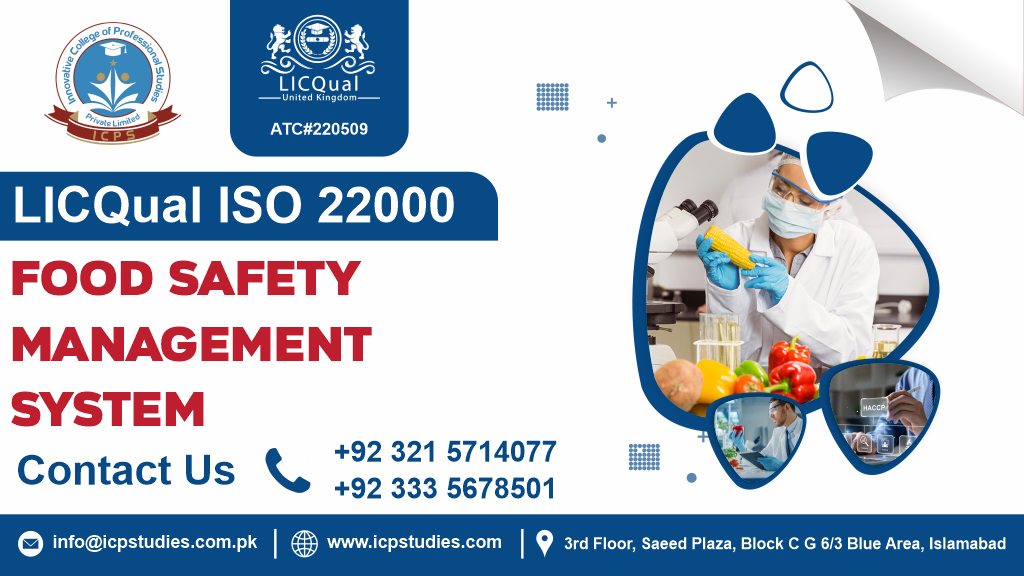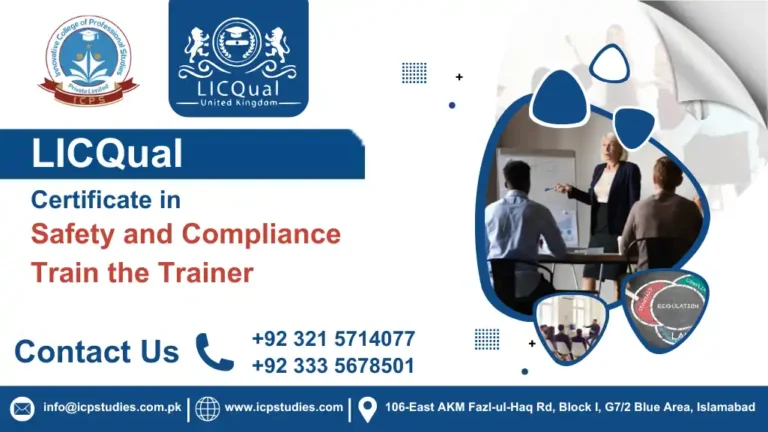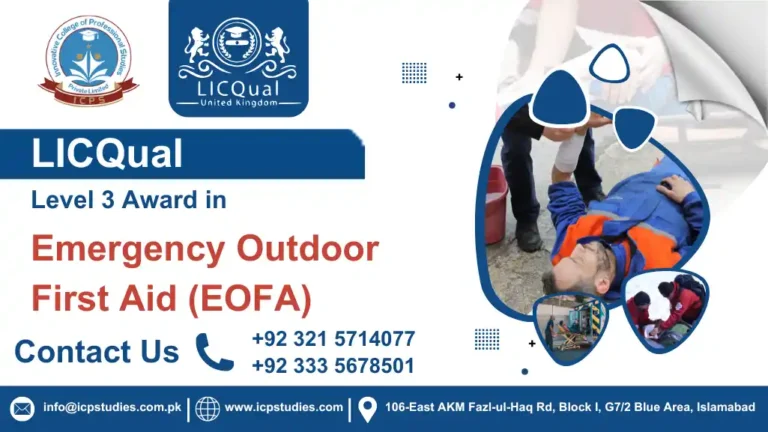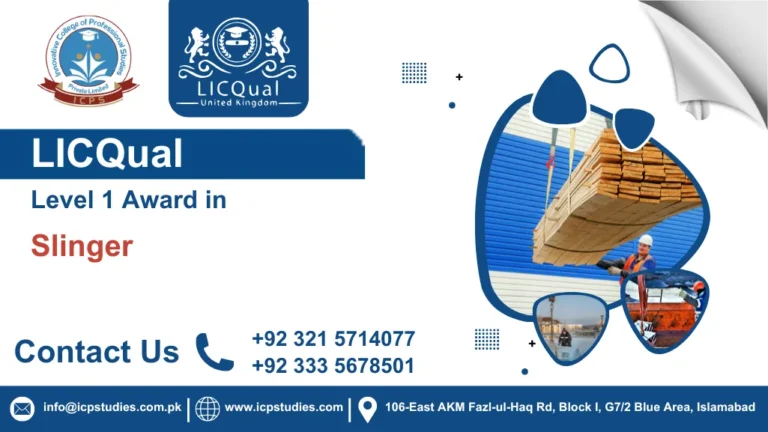In the ever-evolving world of food safety, maintaining rigorous standards is crucial for ensuring the health and well-being of consumers. ISO 22000, the international standard for food safety management systems, plays a pivotal role in setting these standards. Within this framework, the role of an Internal Auditor is essential for ensuring that food safety management systems are effectively implemented and maintained.
ISO 22000 is a comprehensive international standard designed to ensure food safety throughout the entire food supply chain. It provides a framework for establishing, implementing, maintaining, and continually improving a food safety management system. The standard integrates key elements of food safety, including hazard analysis, critical control points (HACCP), and risk management, into a cohesive approach that addresses the complexities of modern food production and distribution.
ISO 22000 Food Safety Management System Internal Auditor is vital for ensuring that food safety practices meet international standards and that organizations are equipped to handle the complexities of food safety management. By conducting thorough audits, identifying non-conformities, and recommending improvements, these professionals help organizations safeguard consumer health and maintain compliance with ISO 22000. As food safety continues to be a critical concern, the importance of skilled internal auditors in this field cannot be overstated. Their work not only ensures regulatory compliance but also contributes to the ongoing enhancement of food safety practices and overall quality in the food industry.
All About ISO ISO 22000 Food Safety Management System Internal Auditor
Course Overview
An ISO 22000 Food Safety Management System Internal Auditor is a specialized professional responsible for evaluating and ensuring that an organization’s food safety management system (FSMS) complies with the ISO 22000 standard. This role is essential for maintaining high food safety standards and ensuring that food safety practices are effectively implemented and continuously improved within an organization.
An ISO 22000 Food Safety Management System Internal Auditor plays a crucial role in ensuring that an organization’s food safety management practices meet international standards. By conducting thorough audits, identifying issues, recommending improvements, and supporting continuous improvement efforts, these professionals help safeguard public health and maintain high standards of food safety. Their expertise is essential for organizations committed to delivering safe and high-quality food products while complying with global food safety standards.
Study Units
- Introduction to ISO 22000
- Food Safety Hazards and Risks
- Prerequisite Programs
- Operational Prerequisite Programs (OPRPs) and Critical Control Points (CCPs)
- Internal Audit Techniques
- Documentation and Record-Keeping
- Communication and Stakeholder Engagement
Here are typical entry requirements for the LICQual ISO 22000 Food Safety Management System Internal Auditor course:
- Educational Background: A degree or equivalent qualification in food science, nutrition, microbiology, or a related field.
- Professional Experience: Relevant work experience in food safety, quality assurance, or related areas, typically ranging from one to three years.
- Familiarity with ISO Standards: Basic understanding of ISO 22000 and other food safety management standards is beneficial.
- Knowledge of Food Safety Regulations: Awareness of applicable food safety laws, regulations, and best practices.
- Audit Principles: Basic knowledge of auditing principles and methodologies.
- Communication Skills: Strong verbal and written communication skills for effective documentation and reporting.
- Commitment to Learning: Willingness to engage with course materials and participate in practical assessments.
As specific requirements may vary by provider, it’s advisable to check the details of the course you are interested in.
The LICQual ISO 22000 Food Safety Management System Internal Auditor course is designed for:
- Internal Auditors: Professionals responsible for auditing food safety management systems within organizations.
- Food Safety Managers: Individuals overseeing the implementation of food safety protocols and systems.
- Quality Assurance Personnel: Professionals focused on ensuring compliance with food safety standards and regulations.
- Production Managers: Those involved in the manufacturing process who want to understand food safety practices.
- Compliance Officers: Individuals ensuring adherence to food safety laws and regulations.
- Hygiene Officers: Professionals responsible for maintaining hygiene and sanitation in food handling.
- Consultants: Advisors providing expertise on food safety management systems.
Overall, the course is suitable for anyone involved in the development, implementation, or auditing of food safety management systems in the food industry.
Learning Outcome
Introduction to ISO 22000
- Understand the Standard: Explain the purpose, scope, and key components of the ISO 22000 standard for food safety management systems.
- Framework Overview: Describe the structure of ISO 22000 and how it integrates with other food safety and quality standards.
- Implementation Principles: Outline the principles and requirements for implementing ISO 22000 within an organization.
- Compliance Assessment: Assess an organization’s food safety management system for compliance with ISO 22000.
Food Safety Hazards and Risks
- Identify Hazards: Define various types of food safety hazards, including biological, chemical, and physical hazards.
- Risk Assessment: Explain the process of assessing and evaluating risks associated with food safety hazards.
- Hazard Analysis: Apply hazard analysis principles to identify potential risks in food production and processing.
- Mitigation Strategies: Develop strategies to manage and mitigate identified food safety risks effectively.
Prerequisite Programs
- Understand Prerequisite Programs: Define the purpose and components of prerequisite programs (PRPs) in food safety management.
- Implement PRPs: Describe how to establish and implement effective prerequisite programs to support the food safety management system.
- Evaluate PRPs: Assess the effectiveness of prerequisite programs and their role in maintaining food safety standards.
- Integrate PRPs: Integrate prerequisite programs with other elements of the food safety management system for comprehensive risk management.
Operational Prerequisite Programs (OPRPs) and Critical Control Points (CCPs)
- Differentiate OPRPs and CCPs: Explain the differences between Operational Prerequisite Programs (OPRPs) and Critical Control Points (CCPs).
- Identify OPRPs and CCPs: Identify and classify operational prerequisite programs and critical control points within the food production process.
- Control Measures: Develop and implement control measures for managing OPRPs and CCPs effectively.
- Monitoring and Verification: Establish procedures for monitoring and verifying OPRPs and CCPs to ensure they are functioning as intended.
Internal Audit Techniques
- Understand Audit Process: Describe the internal audit process and its importance in ensuring compliance with ISO 22000.
- Plan and Conduct Audits: Develop skills to plan, conduct, and report on internal audits of the food safety management system.
- Identify Non-Conformities: Detect and document non-conformities and areas for improvement during audits.
- Audit Techniques: Apply various audit techniques and tools to assess the effectiveness of the food safety management system.
Documentation and Record-Keeping
- Understand Documentation Requirements: Explain the importance of documentation and record-keeping in food safety management.
- Maintain Records: Develop and maintain accurate and comprehensive records related to food safety practices, including hazard analysis, CCP monitoring, and corrective actions.
- Document Management: Implement effective document management practices to ensure that records are accessible, up-to-date, and compliant with ISO 22000.
- Review and Audit Records: Review and audit documentation and records to verify compliance with food safety standards.
Communication and Stakeholder Engagement
- Identify Stakeholders: Recognize key stakeholders involved in food safety management, including internal staff, suppliers, and regulatory bodies.
- Effective Communication: Develop strategies for effective communication of food safety information and requirements to stakeholders.
- Engage Stakeholders: Implement practices for engaging stakeholders in food safety initiatives and obtaining their feedback.
- Address Concerns: Address stakeholder concerns and questions related to food safety management in a clear and professional manner.
These learning outcomes ensure that participants gain a thorough understanding of ISO 22000, its application in food safety management, and the skills needed to effectively conduct internal audits and engage with stakeholders.
FAQs about ISO 22000 Food Safety Management System Internal Auditor






